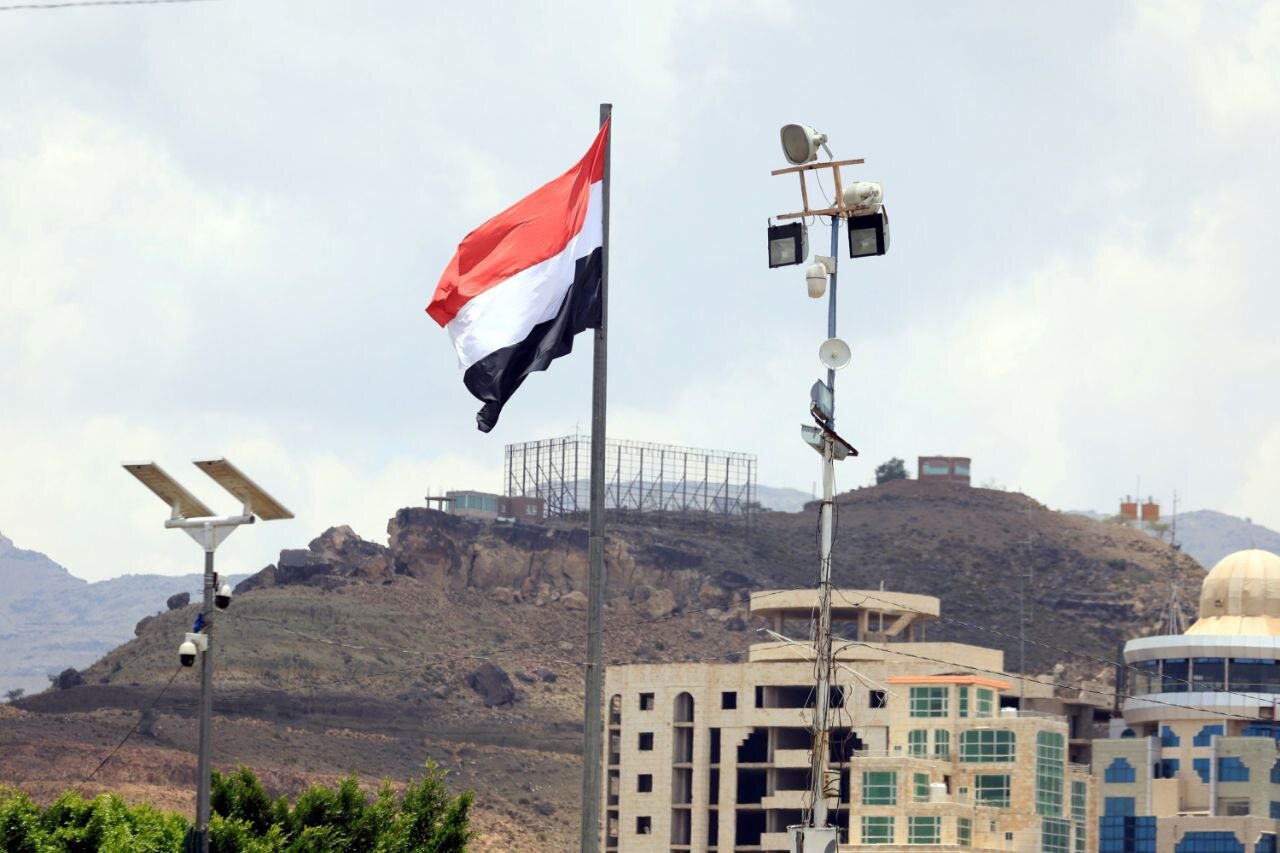Yemen warns Israelis of “severe consequences”

TEHRAN – A deadly Israeli-American aerial assault on Yemen and its airport has prompted stern warnings of escalation from the Sanaa government.
According to reports, 20 warplanes struck the port city of Hodeidah, including a direct attack on the Bajil Cement Factory.
The injured were rushed to hospitals, while civil defense teams moved in to stabilize the situation at the port. Later, U.S. warplanes launched additional airstrikes, including six raids on the capital, Sanaa.
The Bajil Cement Factory lies 50 kilometers northeast of Hodeidah port and 2.5 kilometers southwest of Bajil city. Established in March 1973, it has since expanded, reaching an annual production capacity of 750,000 tons.
The Yemeni Ministry of Health reported that three civilians were killed and 35 others injured in the aggression on the cement factory. One civilian was killed and four others injured in the attacks elsewhere in Hodeidah.
Hebrew media claimed the Israeli air force hit “nine different targets simultaneously,” citing a security source who said, “50 bombs were dropped on Hodeidah port.”
Israeli outlets added that “the attack on Yemen was fully coordinated with the United States.” However, a U.S. military official denied any direct American involvement in the Israeli airstrikes on Yemen.
Despite the extensive attacks, Israeli Channel 13 quoted a security official as saying, “The airstrikes in Yemen are merely a repetition of the past. We do not expect them to halt Houthi missile launches, and the air force is preparing for a potential Houthi retaliation.”
Israeli media also reported “a state of alert in Israel over the possibility of a Yemeni response,” while confirming that “the attacks have ended.”
The Israeli military on Tuesday warned residents near Sanaa International Airport to leave the area, a day after a hypersonic ballistic missile landed about 200 meters away from Tel Aviv’s Ben Gurion International Airport. Hours later, Sanaa airport came under Israeli attack.
In response, Yemen’s Higher Operations Command Center (HOCC) issued a formal notice to global airlines:
“In response to the Israeli regime’s escalation and its decision to intensify aggressive operations against the besieged Gaza Strip, and in line with our religious, humanitarian, and moral duty to stand with the oppressed Palestinian people, the Yemeni Armed Forces hereby declare:
A comprehensive ban on all air navigation to and from enemy airports, handled by Ben Gurion Airport, effective immediately for an indefinite duration.
We urge all international airlines to strictly comply with this declaration to ensure the safety of aircraft, passengers, and crew.”
Following the aggression, a high-ranking Yemeni source also declared, “No force can deter us,” adding that “this aggression will only push Yemen to continue pursuing its noble objectives.”
The source warned that the next phase “will be extremely difficult for the Israeli enemy,” emphasizing that “the air blockade on occupied Palestine is a painful blow to the fragile structure of the entity.”
Ali al-Qahoum, a member of Ansarallah’s Political Bureau, cautioned that “the consequences of the Israeli aggression on Yemen will be severe for the Zionists.”
He asserted that "the Zionists’ targeting of civilian infrastructure reflects their failure and confusion, but this will not stop Yemen from supporting Gaza and Palestine.”
Al-Qahoum further warned, “The Zionists should not rejoice. Yemen’s response will come with force, measure for measure, and they must brace for devastating strikes.”
Yemeni Minister of Information Hashem Sharaf al-Din stated, “The Israeli enemy’s targeting of a port and a cement factory in Yemen expands the Yemeni armed forces’ target bank in the usurping Israeli entity, which will be weaker than a spider’s web under its qualitative strikes.”
Military expert Khaleel Nasrallah commented, “The Israeli aggression against Yemen shows that Israel’s military target bank in Yemen is effectively zero.
Israel resorts to destroying infrastructure to tighten the blockade on Yemen and pressure Sanaa into retreat—exactly as Washington does. Certainly, Sanaa will deliver a painful response, and the possibility of imposing an aerial blockade on the Israeli entity is indeed a painful prospect.”
Leave a Comment